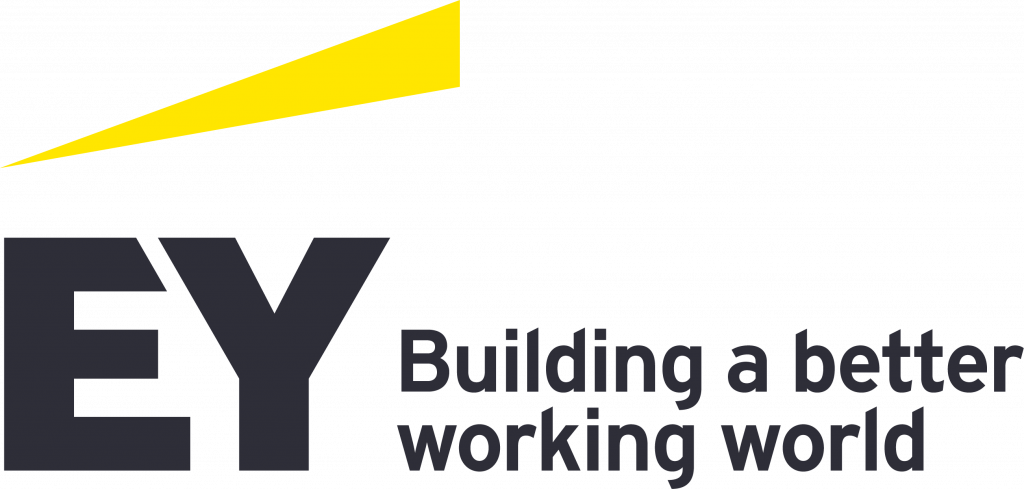
Public disruption has been a dead-end for climate protest - working through politics can do more.
- Deloitte turned thermostats in UK offices down 2C to cut costs and emissions.
- The Met Office said 2022 was the UK’s warmest year on record.
- Tesla deliveries in the last quarter were up 18 per cent on the previous three months, slower growth than expected.
In the space of a few years, Extinction Rebellion (XR) has become one of the world’s most high-profile protest movements. Their eagerness to be arrested and willingness to cause disruption – including blocking access to newspaper printing presses – provoked a powerful official backlash.
The movement announced in a New Year’s Day statement that it would shift away from tactics that were disruptive to the public and focus on ‘disruption to power’. XR’s more radical offshoot, Just Stop Oil, is likely to continue with direct action such as the headline-grabbing throwing of soup over Vincent van Gogh’s Sunflowers.
Since its founding in 2018, the results of XR’s campaign have been mixed.
- The House of Commons voted in 2019 to declare a climate emergency, a key XR demand. But this is not legally binding on the government.
- XR is relatively unpopular, disliked by 32 per cent of the public and liked by just 21 per cent according to YouGov polling.
- Their space to act is shrinking. The new public order bill includes a new offence of “locking on” and makes interference with “key national infrastructure”, such as roads or printing presses, a criminal offence.
For a new movement, XR has also shown surprisingly little awareness of how their more theatrical protests left them open to social media ridicule.
It is no surprise that relatively few people think present-day disruption is an acceptable sacrifice to prevent worse consequences in future. A glance at our inadequate pension pots is probably enough to remind us of how bad we are at deferred gratification. .
But while XR’s approach may have won them few friends, net zero policies themselves enjoy broad public support. The UK cut emissions by 47 per cent from 1990 to 2021. The rapid expansion of renewables and removal of coal from the power grid played a significant part in that drop.
The political challenge now is to make change palatable in areas where it may cost the public more and be felt directly, such as:
- Putting taxes on red meat that reflect its environmental impact;
- Introducing a frequent flyer levy;
- Limiting the growth of car traffic.
Changes such as these will need a combination of political boldness and public acceptance of the need for urgent action.
XR says it plans to surround parliament from April 21. It said in a statement that “we can leave the locks, glue and paint behind and instead demonstrate faith in a critical mass of people.”
Unpicking carbon-intensive lifestyles will not be easy. Fossil fuels are woven through our lives, from food to fuel to holidays. There’s no doubt about the need for action, but a broader movement focused on building consensus may be more likely to produce substantial change.
A message from

Companies are investing more time producing climate risk disclosures based on the TCFD recommendations. However, these disclosures are not translating into actionable strategies to accelerate decarbonisation. The EY report analyses the reasons behind this by reviewing the disclosures made by 1,500 companies across 47 countries.
This is sponsored by EY











